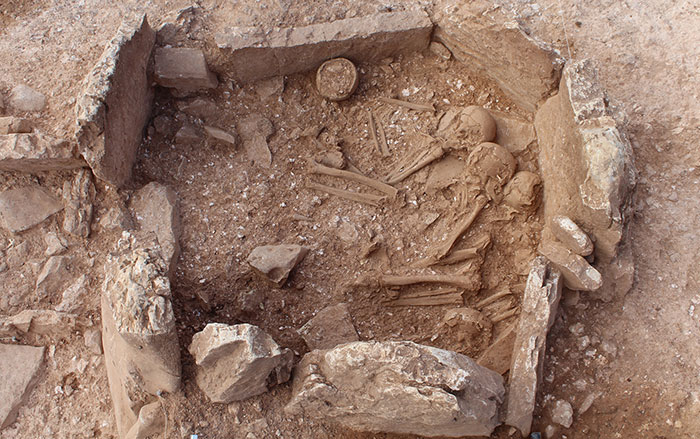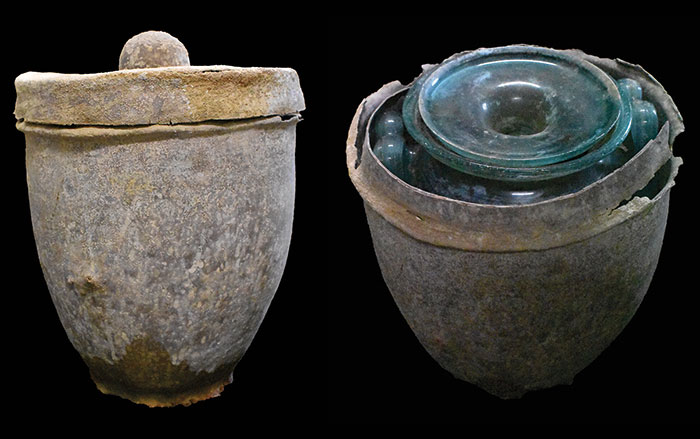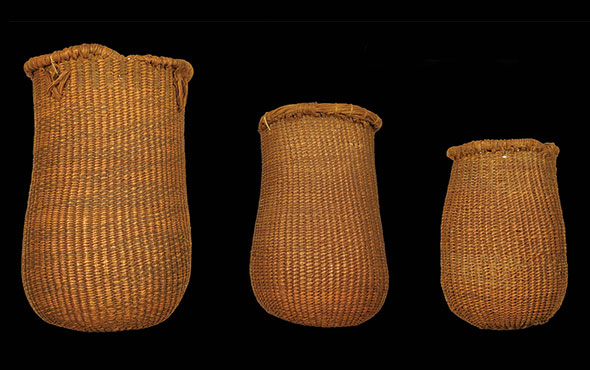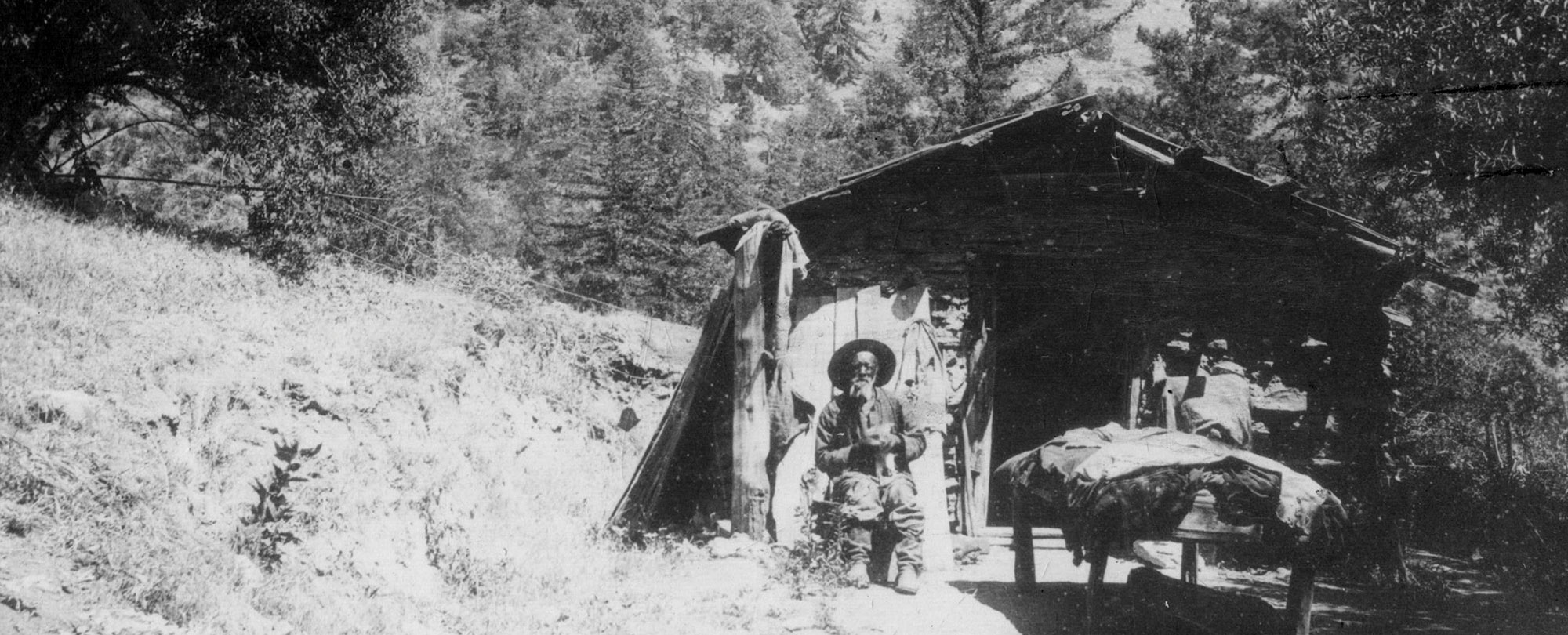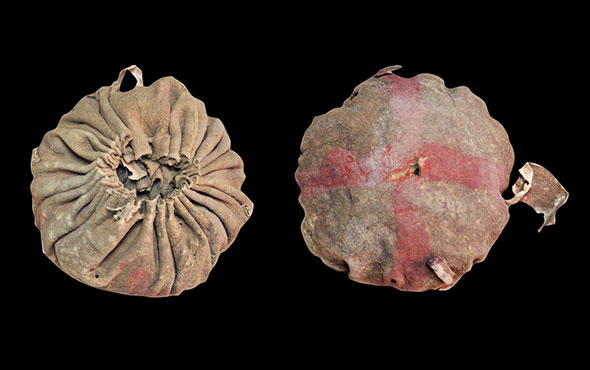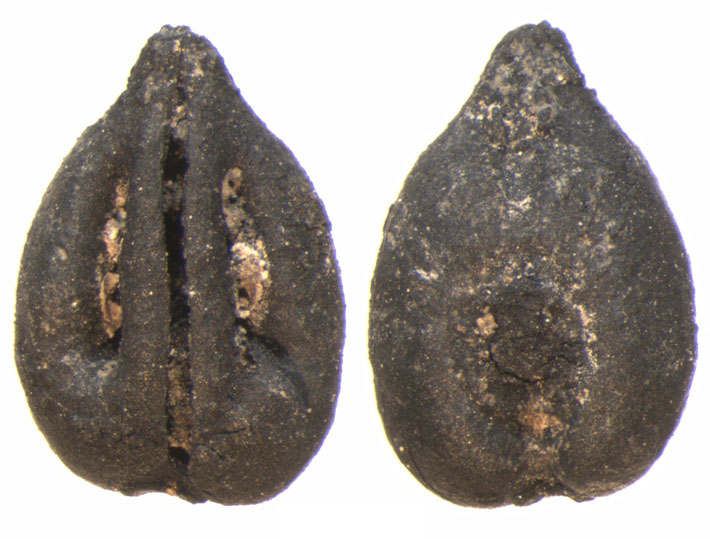
VALENCIA, SPAIN—According to a statement released by the University of Valencia, fruit crops were grown in southeastern Spain at least 3,000 years ago. Guillem Pérez Jordá and Salvador Pardo Gordó of the University of Valencia analyzed archaeobotanical remains at several sites near Spain’s Mediterranean coastline, and found evidence for the cultivation of grapes, olive trees, pomegranate, and other fruits. Pérez explained that the cultivation of fruit is different from farming cereal crops because it takes several years for fruit trees to produce. This requires a farmer’s investment of several years and control over the land. By the first millennium A.D., large-scale production of fruit and the production of wine and other fruit products for export was underway in the region. To read about Phoenician settlers in Iberia, go to "Around the World: Spain."


